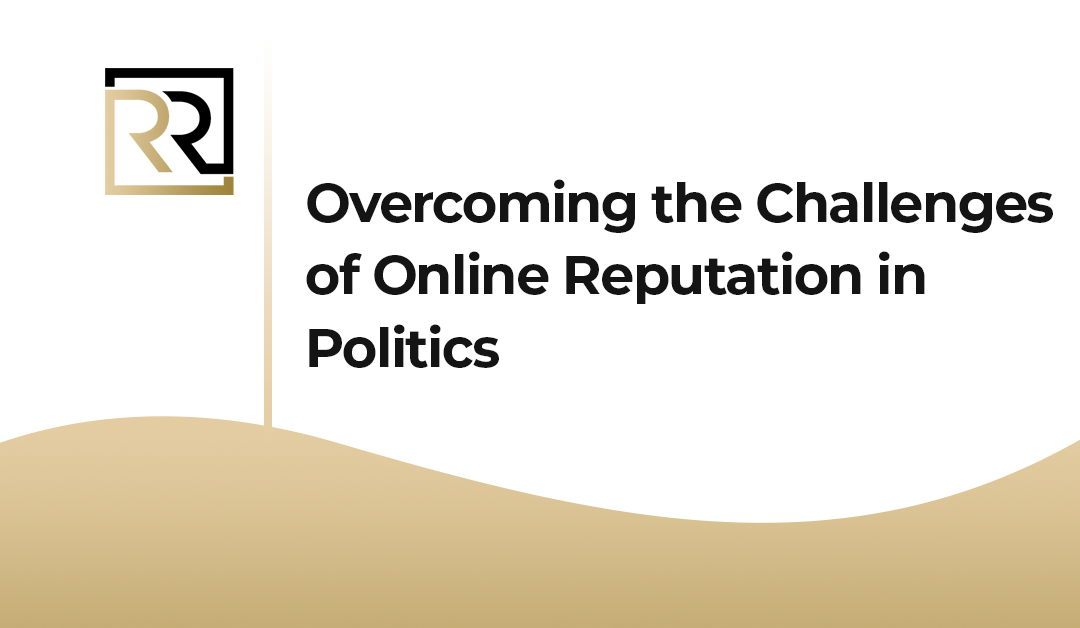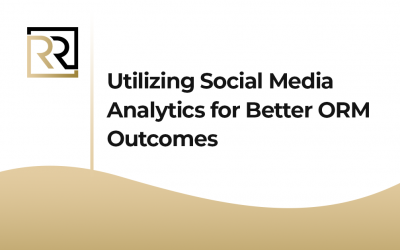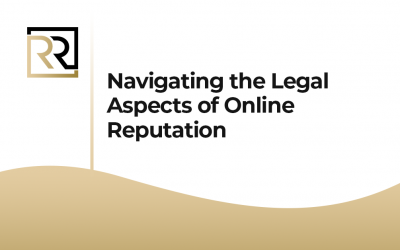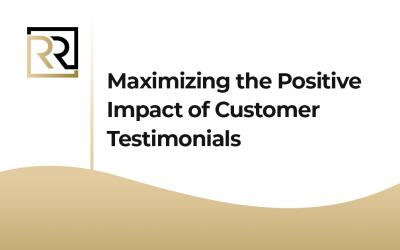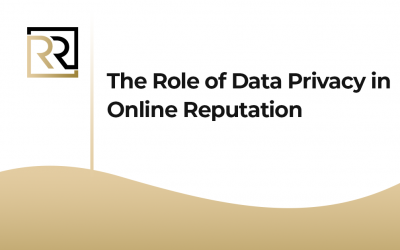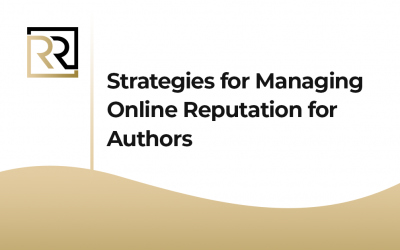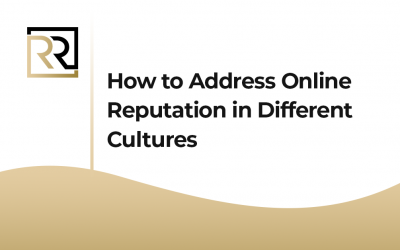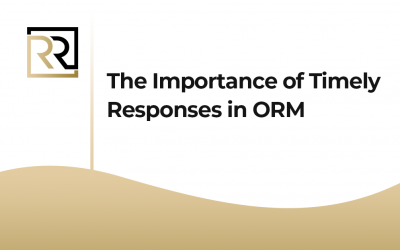Online Reputation in Politics
Further, in the digital age, politicians face unprecedented challenges when it comes to managing their online reputation. With the proliferation of social media, news websites, and online forums, public figures are constantly under scrutiny, and a single misstep can have far-reaching consequences. Therefore, from negative press coverage to social media backlash, the online landscape presents numerous obstacles that politicians must navigate strategically to maintain a positive reputation and effectively communicate their message to constituents. So, in this comprehensive guide, we’ll explore the challenges of online reputation in politics and provide actionable strategies for overcoming them.
Understanding the Importance of Online Reputation in Politics
Thus, before diving into specific strategies, it’s crucial to understand why online reputation matters in politics:
1. Voter Perception
Firstly, a politician’s online reputation directly influences how voters perceive them and their policies. Thus, a positive reputation can bolster trust and credibility, while a negative one can erode support and hinder electoral success.
2. Media Scrutiny
Secondly, politicians are subject to intense media scrutiny, with news outlets and social media users dissecting their every move. Moreover, managing online reputation effectively is essential for controlling the narrative and mitigating negative press coverage.
3. Constituent Engagement
Further, in the digital age, constituents expect accessibility and transparency from their elected officials. Moreover, a strong online presence allows politicians to engage with constituents directly, share their platform, and solicit feedback.
Challenges of Online Reputation in Politics
So, let’s explore some of the key challenges that politicians face when managing their online reputation:
1. Negative Press Coverage
In fact, politicians are often the subject of negative press coverage, whether it’s due to policy decisions, personal scandals, or partisan attacks. Also, negative headlines can damage a politician’s reputation and undermine their credibility with constituents.
2. Social Media Backlash
Secondly, social media platforms provide a forum for constituents to voice their opinions and criticisms openly. Moreover, politicians must contend with social media backlash, including negative comments, viral memes, and organized campaigns to discredit them.
3. Misinformation and Fake News
Further, the spread of misinformation and fake news presents a significant challenge for politicians. Overall, false or misleading information can quickly gain traction online, tarnishing a politician’s reputation and sowing doubt among constituents.
4. Partisan Polarization
Moreover, political discourse online is often characterized by partisan polarization, with supporters and detractors alike engaging in heated debates and ideological clashes. Therefore, politicians must navigate these divides carefully to avoid alienating potential supporters.
5. Privacy Concerns
Generally, politicians must balance the need for transparency with concerns about privacy and personal security. For example, online harassment, doxxing, and hacking pose real threats to politicians’ safety and well-being, necessitating vigilance and precautionary measures.
Strategies for Overcoming Online Reputation Challenges in Politics
Thus, despite these challenges, politicians can take proactive steps to manage their online reputation effectively. So, here are some strategies for overcoming the obstacles:
1. Prioritize Transparency and Authenticity
Generally, transparency and authenticity are essential for building trust with constituents. Therefore, be honest about your positions, intentions, and actions, and address controversies or missteps openly and directly.
2. Monitor Online Conversations
Secondly, stay vigilant about what’s being said about you online. What’s more, monitor social media platforms, news websites, and online forums for mentions of your name or political issues, and respond promptly to correct misinformation or address concerns.
3. Engage with Constituents
Furthermore, engage with constituents directly through social media, email newsletters, and virtual town halls. Basically, listen to their concerns, answer their questions, and demonstrate a genuine commitment to representing their interests.
4. Cultivate Positive Media Relationships
Additionally, build relationships with journalists and media outlets to ensure fair and accurate coverage of your policies and positions. Moreover, offer access to information and interviews, and be responsive to media inquiries and requests for comment.
5. Counter Misinformation Effectively
What’s more, combat misinformation and fake news by providing accurate information and fact-checking false claims. Therefore, use your platform to educate constituents about important issues and dispel rumors or conspiracy theories.
6. Foster Civil Discourse
Lead by example by fostering civil discourse and respectful dialogue in your online interactions. So, encourage constructive debate and dialogue, and refrain from engaging in personal attacks or inflammatory rhetoric.
7. Invest in Online Security
Furthermore, take precautions to safeguard your online accounts and personal information from cyber threats. Thus, use strong passwords, enable two-factor authentication, and stay informed about the latest cybersecurity best practices.
Conclusion: Online Reputation in Politics
Further, managing online reputation in politics is a multifaceted challenge that requires strategic planning, vigilance, and resilience. Therefore, by prioritizing transparency and authenticity, monitoring online conversations, engaging with constituents, cultivating positive media relationships, countering misinformation, fostering civil discourse, and investing in online security, politicians can overcome the challenges and build a strong and resilient online reputation. Moreover, in an era of heightened scrutiny and digital interconnectedness, mastering online reputation management is essential for effectively communicating your message, building trust with constituents, and achieving success in the political arena.
Take care of your search engine reputation management with us.
Services
Our Services
Search Engine Content Removal
Social Media Content Removal
Positive Content Creation
Online Reviews Optimization
Search Results Optimization
Learn
Our Blog
Utilizing Social Media Analytics for Better ORM Outcomes
Social Media Analytics for Better ORM Social Media Analytics for Better ORM, in the digital age, social media has become a vital platform for shaping brand perception and managing online reputation....
Crafting a Compelling Online Story for Your Brand
Crafting a Compelling Online Story for Your Brand: A Guide to Captivate Audiences and Boost Engagement Further, in today's digital age, storytelling has become a powerful tool for brands to connect...
Navigating the Legal Aspects of Online Reputation
Legal Aspects of Online Reputation Further, in the digital age, our online reputation can make or break our personal and professional lives. However, navigating the legal aspects of online...
Maximizing the Positive Impact of Customer Testimonials
Harnessing the Power of Customer Testimonials: Strategies for Maximum Positive Impact Further, in today's competitive business landscape, the voice of the customer holds immense power. Therefore,...
The Role of Data Privacy in Online Reputation
Safeguarding Your Online Reputation: The Crucial Role of Data Privacy in Online Reputation Further, in today's digital age, our online presence plays a significant role, Data Privacy in...
Building a Reputation Management Framework for Success
Constructing a Reputation Management Framework: A Blueprint for Success In today's digital age, where online perceptions can make or break businesses and individuals alike, having a solid reputation...
Strategies for Managing Online Reputation for Authors
Strategies for Managing Online Reputation for Authors Further, in today's digital age, authors face unique challenges when it comes to managing their online reputation. Moreover, with...
How to Address Online Reputation in Different Cultures
Strategies for Addressing Online Reputation Across in Different Cultures Further, in our increasingly interconnected world, businesses and individuals must navigate the complexities of cultural...
The Importance of Timely Responses in ORM
The Importance of Timely Responses in ORM Further, in the digital realm, where information travels at lightning speed and opinions are formed in an instant, timely responses play a...


